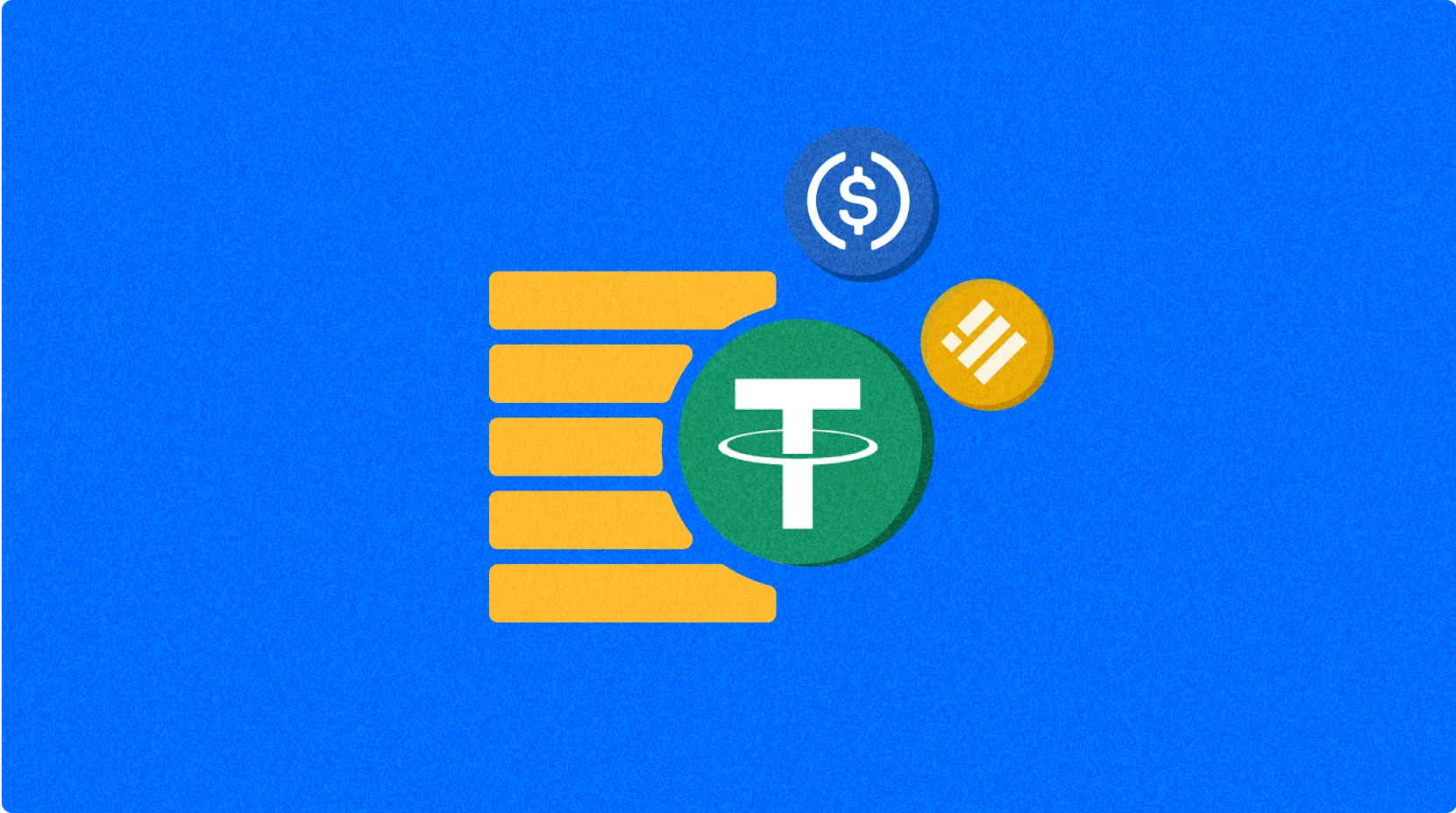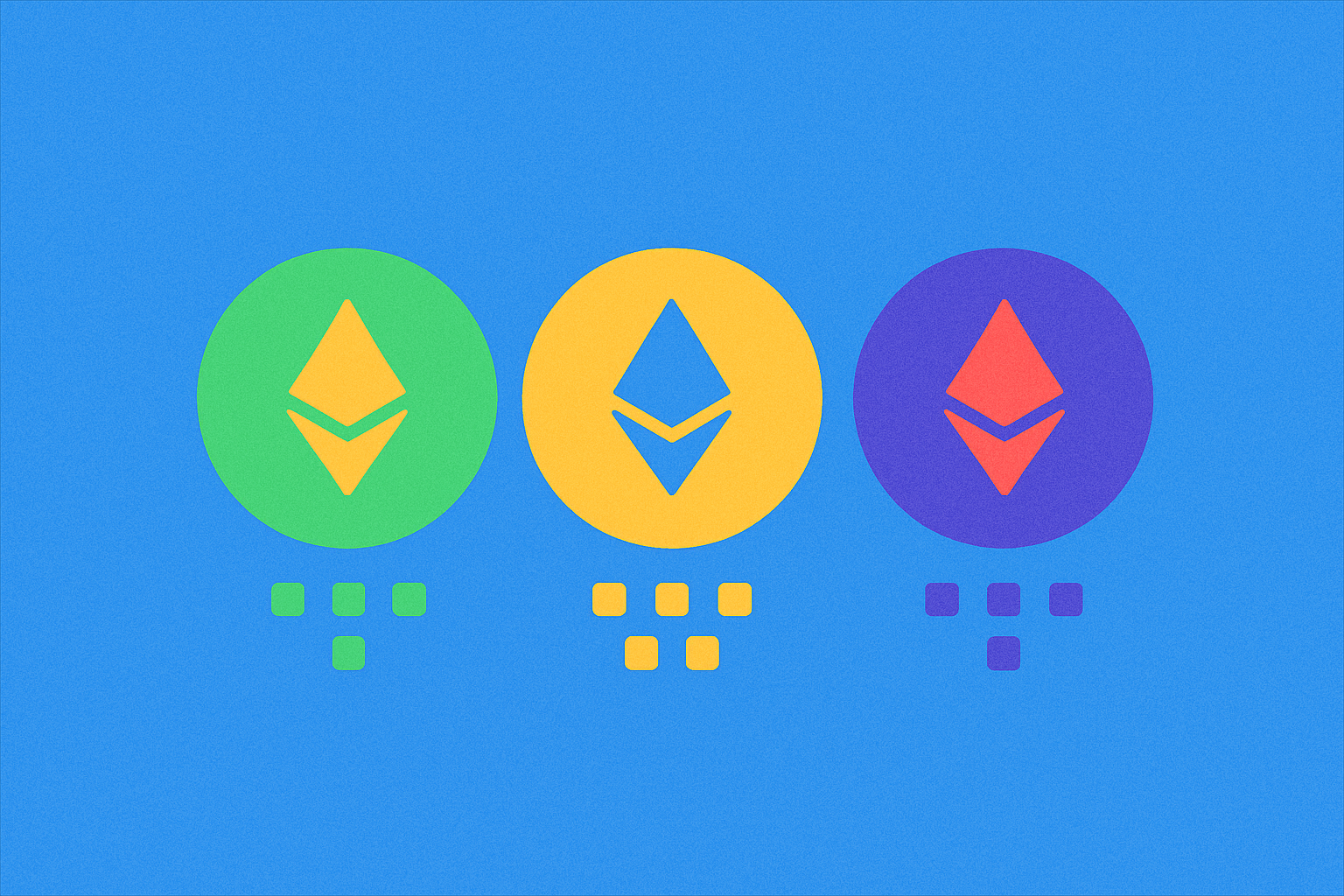Bitcoin, altın'ın 30 trilyon dolarlık piyasa değerini geçebilir — CZ

Bitcoin'in eşi benzeri görülmemiş yükselişi: 30 trilyon dolarlık bir dev ortaya çıkıyor.
Kripto para piyasasının piyasa değeri son yıllarda önemli değişiklikler geçirdi,BitcoinGeleneksel varlıklara güçlü bir rakip olarak. Ekim 2025 itibarıyla, dijital varlıklar ve geleneksel varlıklar manzarası dramatik bir değişim geçirdi. Uzun zamandır en iyi değer saklama aracı olarak kabul edilen altın, piyasa değerinde 30 trilyon eşiğini aşarak ons başına 4.350 doların üzerinde işlem görmekte ve 2025 için kazançlarını %60'ın üzerine çıkarmaktadır. Bu başarı, altının dünyanın en büyük varlığı olarak hakimiyetini pekiştiriyor. Ancak,BitcoinAltın piyasa değeri ile yapılan karşılaştırma beklenmedik değişiklikler geçirdi ve bu durum küresel finansal piyasalarda yoğun tartışmalara neden oldu.
Her ne kadar altın konumunu sağlamlaştırmış olsa da,Bitcoinönemli bir dayanıklılık ve büyüme sergiliyor. Son zamanlardaki dalgalanmalara rağmen, 108.000 $'ın altına düşmesiyle birlikte, son zirvelerden %13 gerilemiş olsa da, Bitcoin'in uzun vadeli değer önerisi güçlü kalmaya devam ediyor.kripto paraekonomik fırtınalara karşı dayanma yeteneğini gösterdi ve daha güçlü hale geldi, yeni kurumsal yatırımcıların akınını çekti ve meşru bir varlık sınıfı olarak itibarını artırdı. Bu algıdaki değişim, kripto para birimlerinin yatırım potansiyelinde bir artışa yol açtı ve birçok analist, Bitcoin'in mevcut piyasa değerinin altınınkinden daha düşük olmasına rağmen, önümüzdeki yıllarda üstel büyüme göstermesinin beklendiğini öngörüyor.
CZ cesurca tahmin ediyor: Bitcoin'in altının piyasa değerini nasıl geçeceği
Zhao Changpeng, yaygın olarak CZ olarak bilinir, ana kurucu.kriptopara borsası, finans dünyasında bir heyecan yarattı ve Bitcoin'in geleceği hakkında yaptığı cesur tahminler dikkatleri üzerine çekti. CZ, Bitcoin'in geleceği hakkında her zaman iyimser oldu, ancak son açıklaması, kripto para tutkunları ve geleneksel finans uzmanlarının ortak dikkatini çekti. Bitcoin'in sadece altın piyasa değerini olan 30 trilyon dolara ulaşmayacağını, aynı zamanda aşacağını kesin bir şekilde iddia ediyor; bu iddia, küresel kripto piyasasında yeni tartışmalara yol açtı.
Bu tahmini daha anlamlı hale getirmek için, bu iki varlığın mevcut durumuna bir göz atalım:
| varlıklar | Mevcut piyasa değeri | Birim başına fiyat | Yılın başından şimdiye kadar olan büyüme |
|---|---|---|---|
| Altın | $30 trillion | $4,369/ons | %60+ |
| Bitcoin | < 30 trilyon | < $107,000 | Çeşitli |
CZ'nin tahmini, Bitcoin'in değer saklama aracı olarak artan popülaritesi, enflasyona karşı bir korunma aracı olarak potansiyeli ve ana akım finans içinde artan kabulü gibi birkaç faktöre dayanmaktadır. Bu kripto paranın 21 milyon coin'lik sabit arzı, devam eden (yavaş olsa da) altın üretimi ile keskin bir tezat oluşturuyor. Bu kıtlık, artan talep ile birleştiğinde, teorik olarak Bitcoin'in değerini eşi benzeri görülmemiş yüksekliklere itebilir. Ancak, bu başarıyı elde etmek için Bitcoin'in önemli engelleri aşması gerekiyor, bunlar arasında düzenleyici zorluklar, ölçeklenebilirlik sorunları ve altının küresel finansal sistemdeki köklü konumu yer alıyor.
Dijital Altın 2.0: Bitcoin'in Değer Saklama Aracı Olarak Evrimi
Bitcoin, "dijital altın 2.0" kavramı olarak, yatırımcılar ve analistler arasında geniş çapta dikkat çekmiştir. Bu evrim, dijital varlıkların geleneksel varlıklarla karşılaştırıldığında algısında önemli bir değişimi işaret ediyor. Bitcoin, merkeziyetsiz, sınır tanımayan ve kıt bir varlık olarak, birçok kişinin onu dijital çağda altının geliştirilmiş bir versiyonu olarak görmesine neden olmuştur. Bu kripto para, transferi, bölünmesi ve depolanması kolaydır ve fiziksel sınırlamaları yoktur, bu da ona fiziksel altına karşı benzersiz avantajlar sağlar.
Dünya giderek daha dijital hale geldikçe, Bitcoin'in bir değer saklama aracı olarak çekiciliği katlanarak artmıştır. Kurumsal benimseme, bu geçişte kritik bir rol oynamıştır. Büyük şirketler ve yatırım firmaları, fonlarının bir kısmını Bitcoin'e ayırmaya başlamış, bunu enflasyona ve ekonomik belirsizliğe karşı bir korunma aracı olarak görmektedir. Bu trend, Bitcoin'i geleneksel finans içinde meşrulaştırmakla kalmaz, aynı zamanda fiyat artışını ve piyasa değerinin büyümesini de tetikler.
Bitcoin ve altın arasındaki karşılaştırma piyasa değeri ile sınırlı değildir:
| Fonksiyon | altın | Bitcoin |
|---|---|---|
| kıtlık | Sınırlı ama sürekli üretim | Sabit arz 21 milyon |
| Bölünebilirlik | Fiziksel olarak bölmek çok zor. | Kolayca 8 ondalık basamağa bölün |
| taşınabilirlik | Fiziksel sınırlamalar | Sınırsız ve kolay transfer |
| doğrulanabilirlik | Profesyonel ekipmana ihtiyaç var. | Blockchain üzerinden anında doğrulama |
Bu özellikler, Bitcoin'i özellikle dijital teknolojiye daha aşina olan genç nesil için altına cazip bir alternatif haline getiriyor. Bitcoin geliştikçe ve altyapısı olgunlaştıkça, değer saklama aracı olarak rolü güçlenebilir ve piyasa değerinin altınınkine yakın veya onu aşması mümkün olabilir.
Fiyatın Ötesinde: 30 Trilyon Dolarlık Bitcoin Piyasa Değerinin Dönüştürücü Etkisi
Bitcoin'ın piyasa değerinin 30 trilyona ulaşmasının etkisi, basit bir fiyat artışının ötesine geçiyor. Bu eşik, küresel finansal manzarada köklü bir değişimin işareti olacak ve ekonomi, para politikası ve paranın doğası üzerinde derin etkiler yaratacaktır. Bitcoin'ın piyasa değerinin bu ölçeği, yaygın benimseme ve ana akım finansal sisteme entegrasyon ile uyumlu olabilir, potansiyel olarak para kavramımızı ve kullanımımızı yeniden şekillendirebilir.
Kripto paraların yatırım potansiyeli üzerinde en önemli etkilere sahip olacak olanlardan biri. Bitcoin'in piyasa değeri arttıkça, daha fazla kurumsal yatırımcıyı çekebilir, bu da bu varlık sınıfını daha da meşrulaştırarak Bitcoin ve diğer kripto paralar etrafında yeni finansal ürünler ve hizmetlerin gelişimine yol açabilir. Bu, daha karmaşık türevler, borsa yatırım fonları (ETF'ler) ve diğer yatırım araçlarını içerebilir, böylece Bitcoin'i daha geniş bir yatırımcı grubuna erişilebilir hale getirebilir.
Ayrıca, Bitcoin'in 30 trilyon dolarlık piyasa değeri, küresel ekonomik politika üzerinde geniş kapsamlı etkilere sahip olabilir. Merkez bankaları ve hükümetler, Bitcoin'in giderek daha belirgin hale gelen rolünü ele almak için para politikalarını ve finansal düzenleyici yaklaşımlarını yeniden gözden geçirmek zorundadır. Bu, bazı yargı bölgelerinin, ülkelerin Bitcoin ile ilgili işletmeleri ve yatırımları çekmek için rekabet etmesi nedeniyle daha kripto dostu politikalar benimsemesine yol açabilir.
Bitcoin'in bu tür değerlemelere ulaşma potansiyeli, Gate gibi platformların bu gelişen pazara giriş sağlamadaki önemini vurgulamaktadır. Kripto para ekosistemi gelişmeye devam ederken, Gate'in dijital varlıkların potansiyelinden faydalanmak isteyen yatırımcılara güvenli ve verimli ticaret hizmetleri sunma rolü giderek daha önemli hale gelmektedir.
Sonuç olarak, Bitcoin'in 30 trilyon $ piyasa değerine ulaşma konusunda birçok zorlukla karşılaşmasına rağmen, bu başarının dönüştürücü potansiyeli göz ardı edilemez. Geleneksel finans ile dijital finans arasındaki sınırlar giderek belirsizleşirken, Bitcoin'in piyasa değeri açısından altını geçme olasılığı spekülasyon alanından olası bir gelecek senaryosuna kayıyor; bu da küresel finansal manzarayı yeniden şekillendirebilir ve gelecek nesilleri etkileyebilir.

2025’te Makroekonomik Politika Kripto Piyasa Trendleri Üzerinde Nasıl Etkili Olur?

2025 yılında makroekonomik politika belirsizliği, kripto piyasalarını nasıl etkiler?

2025 yılında makroekonomik veriler kripto para fiyatlarını nasıl etkiler?

2025 yılında makroekonomik veriler, kripto para piyasalarını nasıl etkiler?

Makroekonomik politika, kripto para piyasalarını nasıl etkiler?

2025 yılında makroekonomik veriler, kripto piyasasındaki yatırımcı algısını nasıl şekillendirir?

Ethereum Name Service Alan Adlarını Satın Alma ve Yönetme Yöntemleri

Yakında hayata geçirilecek benzersiz NFT projesinin öne çıkan temel özellikleri

2024 yılında piyasaya çıkacak yeni NFT projelerine dair kapsamlı bir değerlendirme

Likidite Madenciliği: Ödül Kazanmanın Temelleri için Başlangıç Rehberi

2024 yılında değerlendirilmesi gereken önde gelen Ethereum madencilik havuzları





